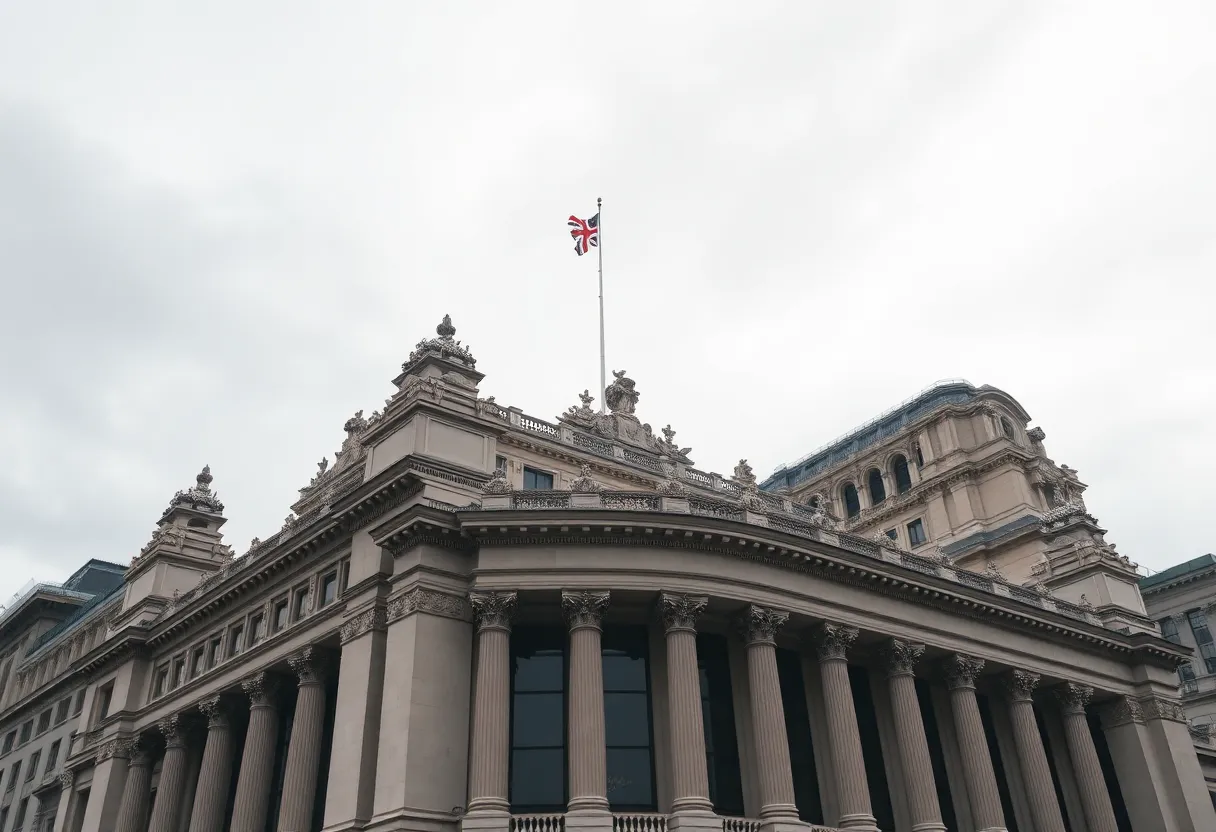News Summary
The Metropolitan Opera has experienced a critical downgrade in its credit rating for the second time this year, now sitting at a speculative B-. Attendance issues and financial instability have led to significant operational challenges, prompting plans to reduce its production schedule. As ticket sales remain low, the organization’s future outlook is negative as it struggles to regain financial sustainability amidst mounting operational costs and a significant operating deficit. Despite these difficulties, the Met aims to enhance ticket sales through global broadcasts and streaming.
New York City – The Metropolitan Opera has faced a significant setback as its credit rating was downgraded for the second time this year. The prestigious institution saw its rating cut by two notches by Moody’s, landing at a highly speculative B-. This downgrade, which comes after a previous cut in March that reduced the rating by four notches to B+, reflects the Met’s ongoing struggle with financial instability and a decline in audience attendance.
The outlook for the Met has shifted from “stable” to “negative,” signaling the potential for further downgrades if improvements are not made. Moody’s attributed the downgrade to “persistent and increasing deterioration in operating performance,” indicating that the Met has not been able to stabilize its financial footing amidst fluctuating ticket sales and operational costs.
Recent figures reveal that ticket sales have taken a hit, especially following the onset of President Trump’s trade war in April, which prompted international patrons to steer clear of attending performances. For the upcoming 2024-25 season, the Met expects its operating deficit to surpass last year’s nearly $50 million shortfall. Previous financial reports showed that the organization generated $284 million in revenue against $330 million in expenses, exacerbating its financial challenges.
Operational Challenges and Audience Decline
The Met faced several operational challenges in the recent past, notably returning a $10 million gift from a deceased donor due to a lack of permission. Attendance has remained low, with the organization reporting that only 72% of its ticket capacity was sold for the 2024-25 season, falling short of the 75% target set by management. Since the initial impacts of the COVID-19 pandemic, the audience has not returned to pre-pandemic levels, further complicating the Met’s efforts to achieve financial sustainability.
Over the past two years, the Met has drawn $70 million from its endowment to cover operating costs, which has prompted the board to authorize up to $50 million in borrowing from its reserves, with expectations for quick repayment. Currently, the organization boasts around $260 million in reserves while carrying a total debt of $183 million.
Future Plans and Strategic Changes
In response to the financial distress, the Met plans to reduce its production schedule from approximately 25 shows to 18 for the upcoming season. Moody’s has suggested that the organization must implement expense cuts or attract an influx of funding to bridge its budget gap effectively. Despite these challenges, Peter Gelb, the Met’s general manager who recently renewed his contract until 2027, has expressed optimism for the future. He emphasizes the importance of the arts during these times, hinting at a commitment to revitalizing the organization’s financial health and outreach.
To bolster ticket sales and increase visibility, the Met aims to enhance its global connections through broadcasts and streaming, a strategy that proved fruitful during the pandemic. While the organization faces significant hurdles in recovering from past operational losses, early signs of improved ticket sales have led to a cautious sense of hope for the future.
The situation at the Metropolitan Opera underscores the complex interplay between cultural institutions and economic conditions. As the organization navigates through these financial difficulties, its commitment to art and community engagement remains vital in its recovery efforts.
Deeper Dive: News & Info About This Topic
HERE Resources
New York City Metro Area Dominates High School Rankings
Public Hearing on Caesars Palace Casino and Hotel Proposal
New York State Considers New Casino Licenses Impacting Local Jobs
Decline in Prison Assaults and Contraband in New York
News Corp to Launch The California Post in Los Angeles
News Corp to Launch The California Post in Los Angeles
Carnegie Hall Faces Financial Challenges Despite Success
Backlash Against NYC Mayoral Candidate’s Economic Policies
New York City Leads in Tech Job Growth
X Corp Sues New York to Block Hate Speech Law
Additional Resources
- El País: Peter Gelb on the Met’s Role
- Encyclopedia Britannica: Metropolitan Opera
- Cape Gazette: Met Opera HD Season Premiere
- The New York Times: Met Opera Chandeliers Cleaning
- Forbes: Met Opera Summer HD Festival

Author: STAFF HERE NEW YORK WRITER
The NEW YORK STAFF WRITER represents the experienced team at HERENewYork.com, your go-to source for actionable local news and information in New York, the five boroughs, and beyond. Specializing in "news you can use," we cover essential topics like product reviews for personal and business needs, local business directories, politics, real estate trends, neighborhood insights, and state news affecting the area—with deep expertise drawn from years of dedicated reporting and strong community input, including local press releases and business updates. We deliver top reporting on high-value events such as New York Fashion Week, Macy's Thanksgiving Day Parade, and Tribeca Film Festival. Our coverage extends to key organizations like the Greater New York Chamber of Commerce and United Way of New York, plus leading businesses in finance and media that power the local economy such as JPMorgan Chase, Goldman Sachs, and Bloomberg. As part of the broader HERE network, including HEREBuffalo.com, we provide comprehensive, credible insights into New York's dynamic landscape.






